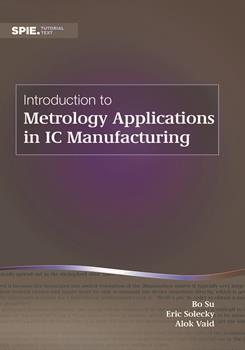|
|
|
|
CITATIONS
Chemical analysis
Metrology
Biological research
Manufacturing
Industrial chemicals
Agriculture
Environmental sensing


